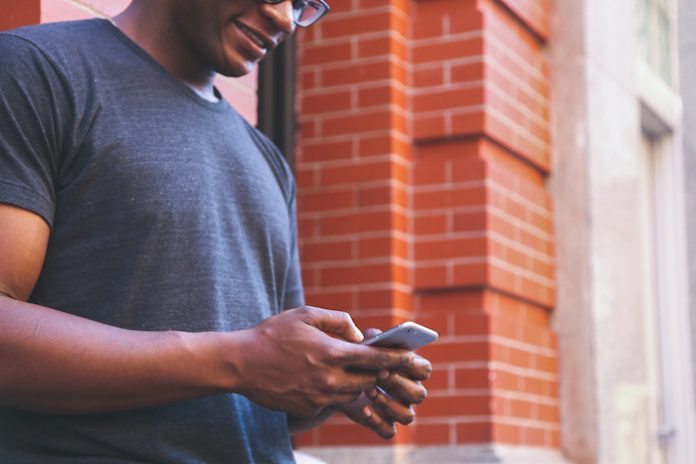A healthy work-life balance, in the broadest of definitions, simply means having a clear separation between our professional life and our personal life. As a result, when the two begin to intrude on one another, we can fall into some fairly unhealthy habits and find ourselves rundown and demotivated—something that no employer or employee wants.
Now, recent months have tested this balance to no end with the ongoing threat of COVID-19 and so it’s more important than ever for businesses and individuals to actively manage working habits for their staffing teams, especially those who are working from home. However, the predominant cause for concern within this dilemma is how our smartphones and other digital devices tip the scale.
Of course, this isn’t particularly difficult to understand. As smartphones and other tech gadgets have continued to advance over the years, we’ve found ourselves with more remote ability than ever before. In fact, it’s fairly easy to assert that the majority of smartphones can now rival a modern computer when it comes to the attached features!
So, to better understand how smartphones impact our daily working lives, research was conducted by leading mobile phone insurer, loveit coverit, to investigate some key factors, such as productivity, time management and individual wellbeing. The survey data has allowed us to gain further insight into how professionalism has shifted in a technological society and prompted us to identify tangible solutions to manage and measure our work-life balance moving forward.
So how does our relationship to smartphones impact our work-life balance? And how can we manage these effects?
Clear, reliable communication links
There is no question that our smartphones have transformed how we connect with one another. Through one small device, we are able to email, phone or text one another without ever moving from a stationary spot—which means when something important happens, we can receive the information quickly and take action.
However, as you’d likely expect, this constant access to our colleagues and clients additionally means that we can find it hard to ‘switch off’ after work hours have finished. This means that we can be drawn back into a professional mindset while we are supposed to be enjoying our free time and winding down from the day. As such, many employees can find themselves burning out without even realizing it!
Luckily, this situation has an easy fix. Rather than spending your evening or weekends checking for any new notifications, turn them off. If you have a dedicated work device, pop it in a drawer and come back to it when the workday begins again. This may seem like a simple ask for a bigger problem, but it’s been shown that simply turning off notifications can help our overall well-being—it allows us to actually relax!
If you’re an employee, give it a go. If you’re an employer, encourage your staff to disconnect from their work responsibilities when they’re not on the clock. It’s more than likely that you’ll see the benefit when the new week begins.
Accessible and shared working platforms
Anyone working within a team knows how difficult it can be to keep track of every document that is being worked upon. Different versions can end up in circulation, duplicate content can be written, and individuals can end up on completely separate pages. So, it’s no wonder that having access to shared, remote working platforms has been a welcome invention in our modern working world.
What might not be so good, however, is our constant access to these platforms. Our smartphones allow us to access documents hosted on these platforms at any point in time and at any place. The danger, of course, being that we can blur the boundary between personal and professional once more. Because, while recapping on a document on your way to a client meeting can be a great help, spending your evening editing documents, updating progress sheets, or finishing that one final small task is not.
So, similarly, we have to disconnect. In the evening or over the weekend, turn your device off or log out of your work accounts and remove yourself from the temptation. If you’re managing a team, try to encourage this outlook!
Increased distraction
This one may seem slightly different from the others and, simply put, that’s because it is. While smartphones can lead us to lessen the time spent enjoying our personal lives, they can additionally impact our professional environment as well.
A personal notification, game alert, or the temptation to check our social media accounts can lead to an abundance of distractions while we’re attempting to focus. And, while this may seem small, it’s been found that we can lose a minimum of twenty minutes trying to regain our focus following the distraction—meaning our productivity can take a real hit.
It’s impossible to say that there is only one way to manage our work-life balance, but it’s fairly clear that controlling our smartphone use can have some immediate and long-term benefits for our wellbeing—along with our time efficiency and overall productivity!
Find a Home-Based Business to Start-Up >>> Hundreds of Business Listings.

















































